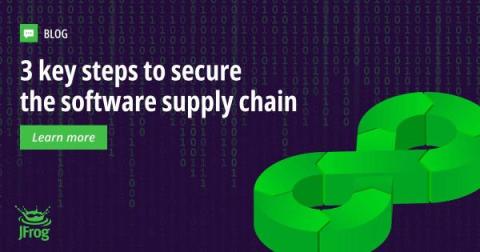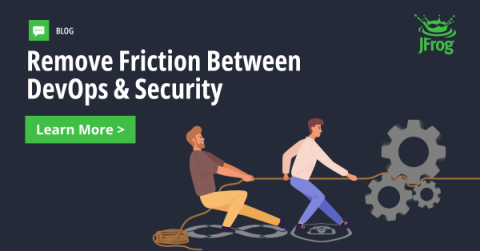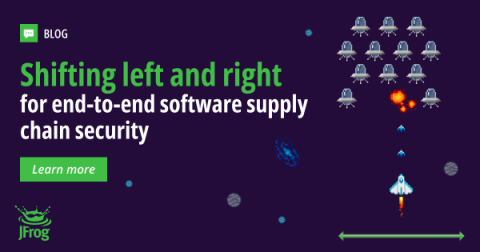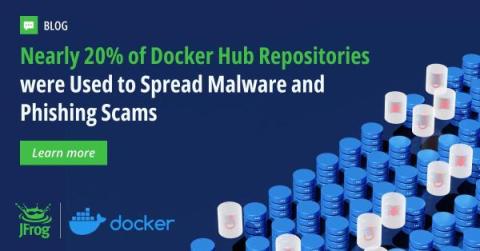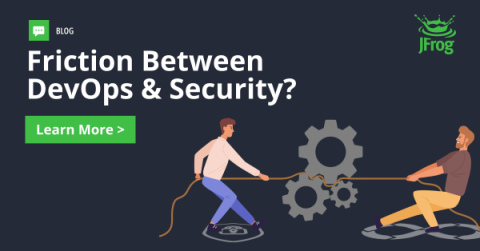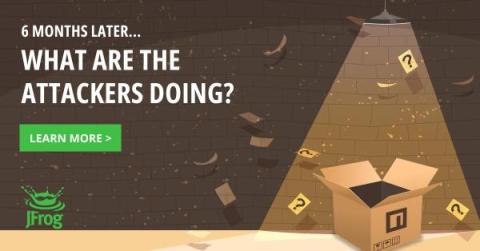3 Key Considerations for Securing Your Software Supply Chain
An organization’s software supply chain includes all the elements involved in developing and distributing software, such as components, tools, processes, and dependencies. Each link in this important chain presents the potential for security threats. Recent research conducted by Gartner shows a major increase in attacks targeting code, tools, open-source components, and development processes, particularly in areas where organizations lack visibility.


